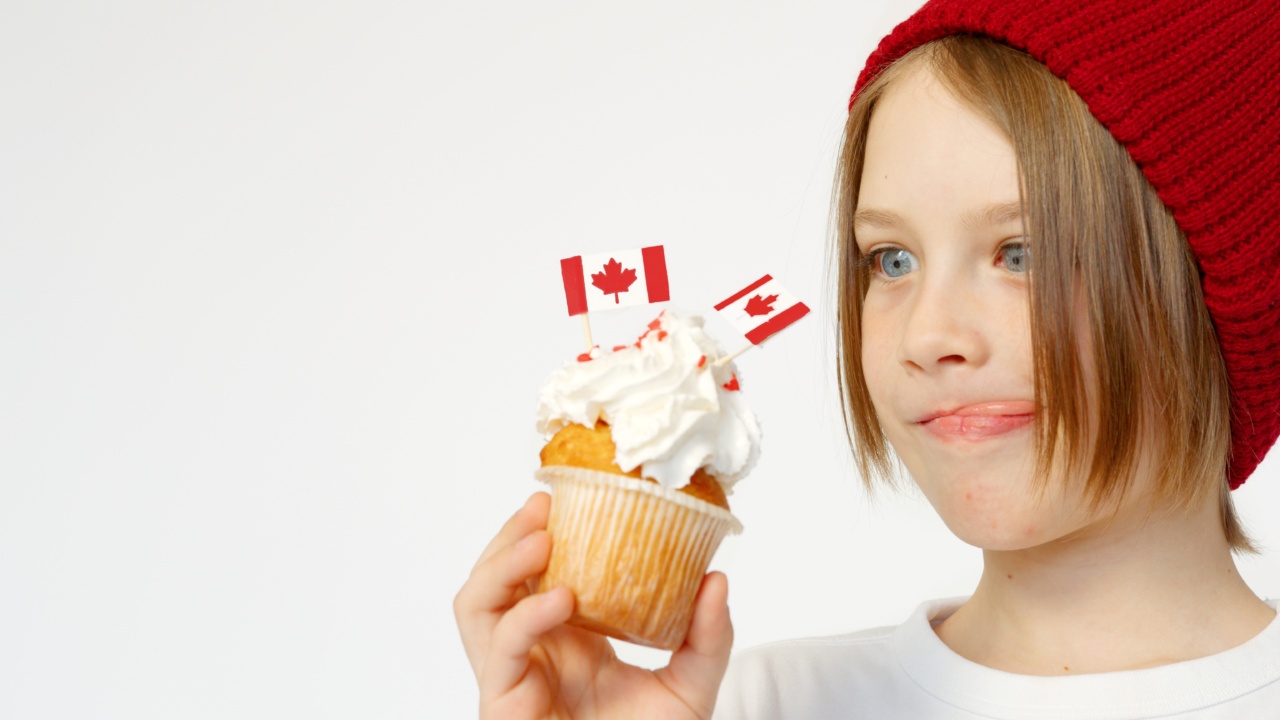Concussions are a common type of brain injury that can occur in children who participate in sports or other recreational activities, or who experience a blow to the head.
Because the symptoms of a concussion can be subtle, it’s important for parents and caregivers to know how to spot the early warning signs. Here are some red flags to watch out for:.
Loss of Consciousness
If your child loses consciousness, even briefly, after a head injury, it’s important to seek medical attention right away. This is considered a red flag symptom and could indicate a more serious brain injury.
Confusion or Disorientation
A child who seems confused or disoriented after a head injury may have a concussion. Symptoms of confusion may include difficulty focusing, dizziness, or trouble remembering things.
If your child seems out of sorts after a head injury, it’s important to seek medical attention as soon as possible.
Headache
A headache is a common symptom of a concussion, and may develop in the hours or even days after a head injury.
If your child complains of a headache after a bump or blow to the head, it’s important to keep a close eye on symptoms and seek medical attention if they worsen or persist.
Nausea or Vomiting
Nausea and vomiting are common symptoms of a concussion, especially in the hours immediately following a head injury. If your child becomes sick to their stomach after a blow or bump to the head, seek medical attention right away.
Sensitivity to Light or Noise
A child with a concussion may become sensitive to light or noise, and may want to stay in a quiet, dark room.
If your child seems bothered by bright lights or loud noises after a head injury, it could be a sign of a concussion and warrants medical attention.
Mood Changes
Concussions can cause changes in a child’s mood or behavior. Your child may become irritable, moody, or more emotional than usual after a head injury.
If you notice any changes in your child’s mood after a head injury, it’s important to seek medical attention as soon as possible.
Changes in Sleep Patterns
Concussions can also affect a child’s sleep patterns. Your child may sleep more than usual or have difficulty falling asleep. Alternatively, they may be more prone to restlessness or insomnia.
If you notice any changes in your child’s sleep patterns after a head injury, it’s important to seek medical attention.
Loss of Balance or Coordination
If your child seems unsteady, loses balance, or has difficulty with coordination after a head injury, it could be a sign of a concussion. These physical symptoms should be taken seriously and warrant medical attention.
Slowed Reaction Time
Concussions can affect a child’s reaction time and ability to think quickly.
If your child is slower to respond than usual after a head injury, or seems to have difficulty with quick decision-making, it’s important to seek medical attention right away.
Memory Loss
A concussion can cause memory loss or difficulty with concentration. If your child seems forgetful or has trouble remembering things after a head injury, it could be a sign of a concussion and should be evaluated by a doctor.
Conclusion
Concussions are a common type of brain injury that can occur in children who play sports or engage in other recreational activities, or who experience a blow to the head. If you suspect your child has a concussion, seek medical attention right away.
Early treatment and management can help prevent long-term complications.



























